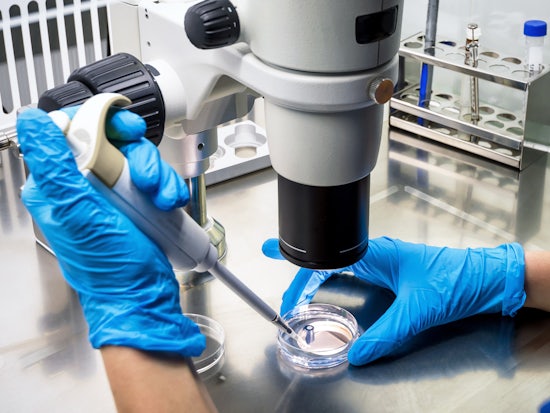New avenue of research for Parkinson’s and other brain disorders
Researchers at the South Australian Health and Medical Research Institute (SAHMRI) are set to pave the way into a new line of research for Parkinson’s disease treatments thanks to the support of Perpetual’s IMPACT Philanthropy program.

New research based on Nobel Prize discovery (Source: Shutterstock)
The new research strategy, supported by financial services company Perpetual, has emerged from the recent Nobel Prize discovery that revealed a method to reprogram patient skin cells into stem cells.
The new research aims to address the problem of access to live neurons from patients to study the disease and screen new drugs, which is very limited.
To overcome this challenge, the new research by Dr Cedric Bardy, who has been awarded the funding, is designed to generate live human neurons – originally from skin biopsies; a process he and his team has used to analyse the biological differences between neurons from healthy subjects and Parkinson’s patients.
The process to generate the brain tissue in a petri dish sees the skin cells transiently reprogrammed into stem cells based on state-of-the-art cell biology technologies.
Dr Bardy and his research team at SAHMRI will use this new model to examine the biology of potential molecular targets to treat Parkinson’s disease.
They hope to discover and validate new potential molecular targets to treat Parkinson’s disease.
Dr Bardy says the perpetual IMPACT support will significantly strengthen pre-clinical research efforts that are necessary to lay solid foundations for future successful clinical trials.
“We have wasted too much energy and often created false hope in rushing through clinical trials that have failed,” he says.
“We need to rethink our strategy, and I believe developing better and more realistic human pre-clinical models is the key to increasing our chances of translational success.”
He adds that this work is “critical” in laying the foundations for screening new therapeutics that are needed to stop the debilitating progression of Parkinson’s, for which there is no cure, and says that if successful for this Parkinson’s project, their approach may be extended to all kinds of brain disorders.
“Patient-driven neuronal models have the potential to truly revolutionise the way we do medical research,” Dr Bardy says.
“Therapeutics that will stop, or even slow, the debilitating progression of Parkinson’s are desperately needs and will improve the lives of millions of people.
“We are incredibly grateful to Perpetual for their generous support in helping us tackle debilitating brain disorders that affect so many people.”
Caitriona Fay, National Manager – Philanthropy at Perpetual, who are funding the research, says that anything that can be done to assist the kind of research that can lead to new treatments and earlier diagnosis is a significant step.
“Perpetual actively works to enhance and expand the capacity of organisations and researchers to take bold new steps that open up new avenues of enquiry and new frontiers of treatment,” she says.























